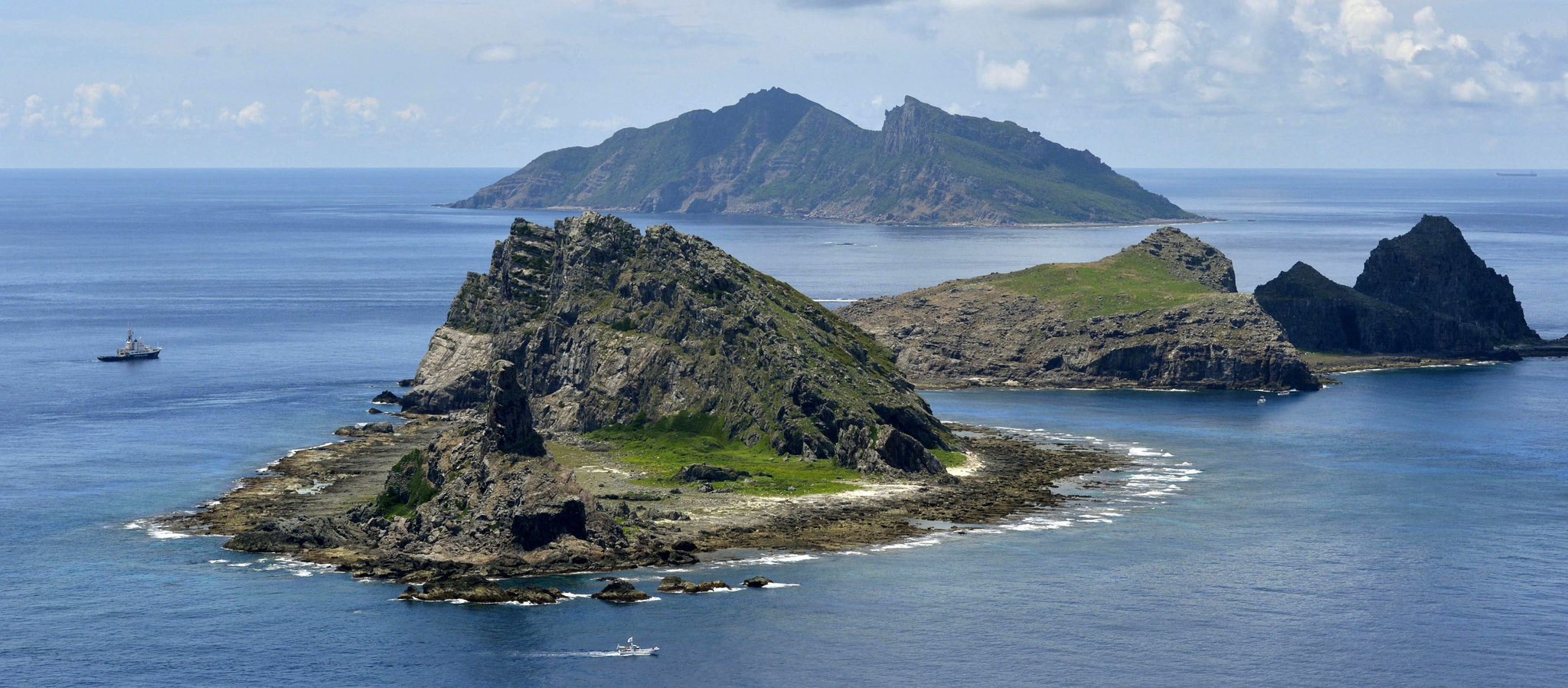In what is considered to be a significant step towards resuming political and economic relations between the two contentious Asian superpowers, the leaders of Japan and China have publicly admitted that each nation has a claim to Japan’s Senkaku Islands and other territory in the East China Sea which China began to claim last year.
Both sides had some shared recognition to face history squarely and to move toward the future,” said Ken Okaniwa, Japanese Foreign Ministry spokesman. “In that spirit, both countries will overcome the political difficulties that affect the relations between the two countries.”
Japan and China both announced that they would gradually resume diplomatic and security discussions and begin to engage in a dialogue about their competing positions in the East China Sea.
“Both sides recognize that there are differences in views regarding the tension–the situation of tension–which has occurred in recent years in the East China Sea, such as the Senkaku Islands,” said Okaniwa.
Japanese Prime Minister Shinzo Abe and Chinese President Xi Jinping publicly stated that they would try to settle the political standoff that has existed in the region since China declared that it was redrawing its territorial borders to include territory possessed by Japan and South Korea.
Read more: South Korea Claims Airspace Overlapping Japanese and Chinese Claims
Both Abe and Xi made statements that included references to mutual acknowledgement of “different positions” regarding their territorial claims.
The concessions represent a large step towards conciliation. For over a year, Japan has refused to even entertain that a Chinese claim existed after China’s sudden declaration last year.
The Senkaku Islands have been clearly administered by Japan since the turn of the 20th century, but China has made claims that the islands, referred to as Daioyu by the Chinese, are traditionally Chinese. China has not been able to support these claims with any historical evidence, however, and has been questioned as to why it had never mentioned owning the islands throughout the previous century of Japanese administration.
Analysts believe that the two sides, neither wanting to concede title to the territory, strongly desire economic relations. The leaders of Japan and China will meet next week at the Asia-Pacific Economic Cooperation (APEC) summit meeting, already underway in Beijing.
By Day Blakely Donaldson
